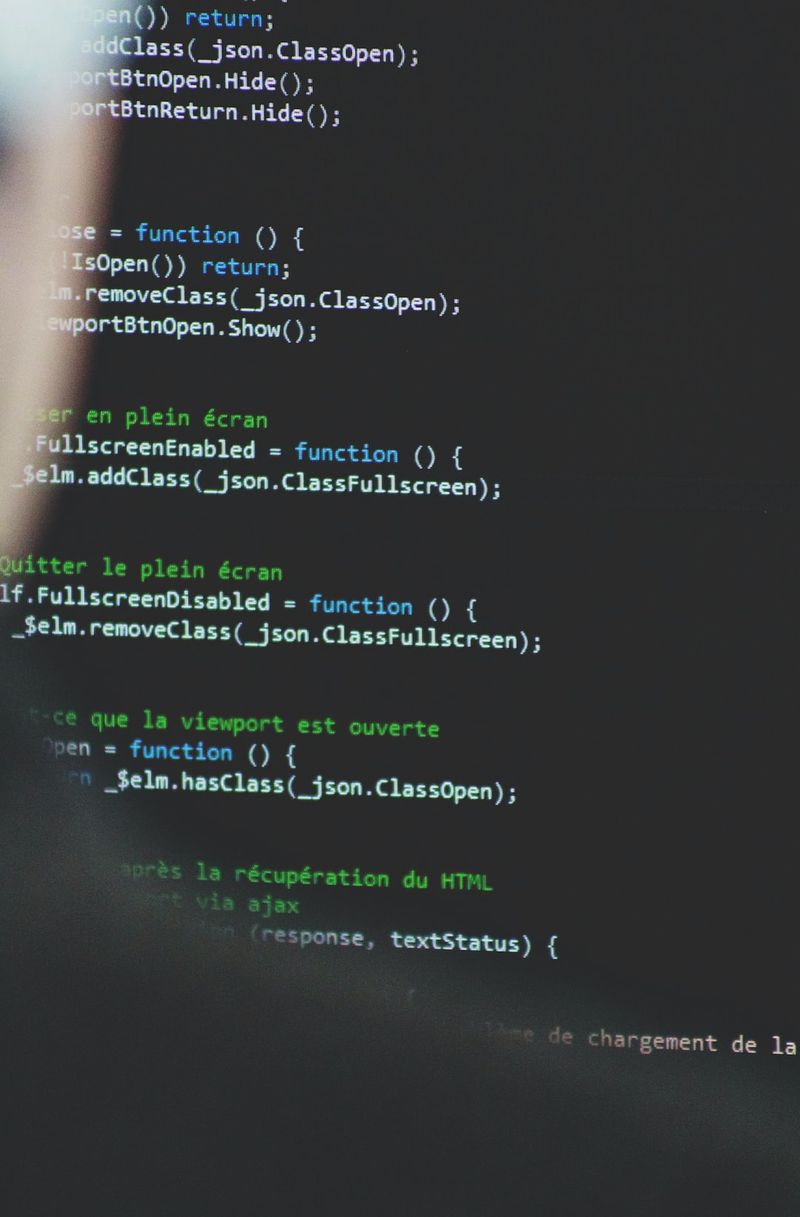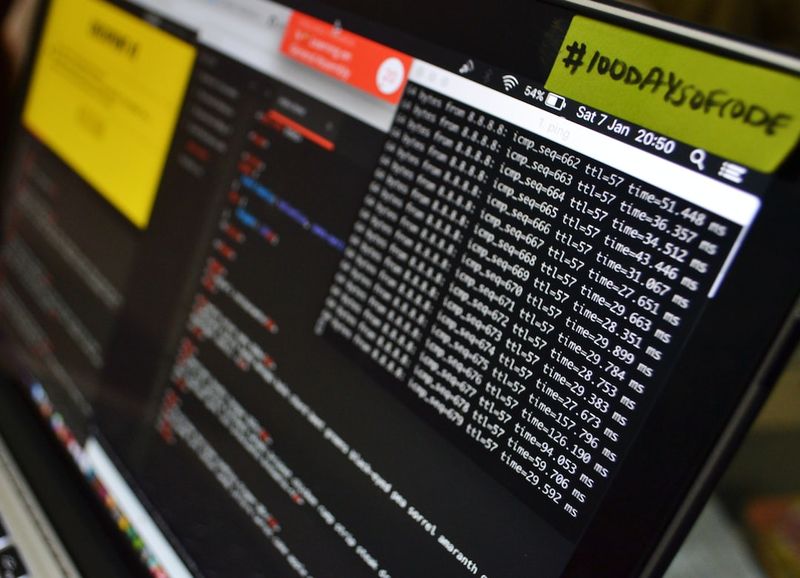Cybercrime DNA testing service 23andMe investigating theft of user data
Introduction
The renowned DNA testing company, 23andMe, is currently investigating a potential theft of customer data after it was discovered that information about the firm’s clients was being offered for sale on a cybercrime forum. While the company claims there is no evidence of a data security incident within their systems, they have acknowledged that unauthorized access to individual 23andMe.com accounts may have occurred. The incident raises concerns about internet security, data privacy, and the vulnerabilities of personal genetic information.
The Data Breach
According to reports, a post appeared on a popular forum known for trading and selling stolen data, claiming to possess “the most valuable data you’ll ever see” and providing a link to a sample of 20 million pieces of data allegedly obtained from 23andMe. While the company has not confirmed the authenticity of the data, it has acknowledged that certain customer profile information was compiled through unauthorized access to individual accounts. The investigation suggests that attackers may have utilized leaked login credentials from other platforms to gain access to 23andMe accounts that used the same username and password combination.
Potentially Affected Data
For accounts that had opted in to 23andMe‘s “DNA Relatives” service, the attacker was reportedly able to scrape data associated with potential genetic relatives. This information included the users’ display names, profile photos, profile sex, birth year, location, predicted relationships, percent DNA match, shared genetic segments, and portions of their genetic ancestry results, including haplogroups. The extent and exact scope of the compromised data remain uncertain.
Verification and Response
The authenticity of the data offered for sale has not been verified, and the listing was subsequently removed after its initial posting. However, the seller reemerged and claimed to possess tailored ethnic groupings, individualized data sets, pinpointed origin estimations, haplogroup details, phenotype information, photographs, links to potential relatives, and raw data profiles. It is worth noting that the seller did not disclose how or when the data was accessed nor whether there had been any communication with 23andMe.
Internet Security and Data Privacy
This incident brings to light significant concerns regarding internet security and data privacy. As individuals increasingly rely on online services and share sensitive personal information, the risk of data breaches and unauthorized access becomes ever more prevalent. Companies like 23andMe, which handle personal genetic data, must implement robust security measures to protect their customers’ sensitive information. However, no system is entirely foolproof, and breaches can occur, as demonstrated by this incident.
Securing Online Accounts
To mitigate the risk of unauthorized access to online accounts, individuals must practice good cybersecurity hygiene. It is crucial to utilize unique and strong passwords for each account, enable multi-factor authentication whenever possible, and regularly update login credentials. Additionally, individuals should exercise caution when sharing sensitive information and be mindful of potential phishing attempts.
Philosophical Discussion: Balancing Convenience and Privacy
The recent incident with 23andMe raises questions about our willingness to trade privacy for the convenience and benefits offered by online services. Services like DNA testing provide valuable insights into our ancestry, health risks, and genetic traits. However, these services require individuals to entrust their most personal information to third-party companies. While responsible companies implement security measures to safeguard this data, breaches can still occur, potentially compromising users’ sensitive information.
Regulatory Oversight and Accountability
As technology advances and personal data becomes increasingly valuable, regulatory bodies need to ensure that companies prioritize security and privacy. Stricter regulations and oversight surrounding data handling and storage practices are necessary to protect individuals from the potential consequences of data breaches. Companies that handle sensitive personal information, especially genetic data, should be held accountable for implementing rigorous security measures and prompt response systems.
Editorial: Lessons Learned and Moving Forward
Lessons Learned
The incident involving 23andMe highlights the importance of comprehensive security strategies for companies that handle personal data. The investigation indicates that 23andMe‘s system may not have been directly compromised, but rather, attackers exploited reused credentials across platforms. This highlights the need for individuals to adopt secure password practices and for companies to implement complex authentication systems to prevent unauthorized access.
Moving Forward
To ensure the security of personal data, companies must continuously reevaluate and update their security protocols. Investing in advanced threat detection and prevention systems, as well as educating customers about the importance of strong passwords and multi-factor authentication, are crucial steps in protecting sensitive information. Furthermore, companies must be transparent and communicate promptly with customers about any potential data breaches or unauthorized access.
Conclusion
The alleged theft of user data from 23andMe exemplifies the ongoing struggle to strike a balance between convenience and privacy in the digital age. While online services offer substantial benefits, the risks of data breaches and unauthorized access must not be underestimated. Users must take responsibility for their online security, while companies must continue to prioritize the protection of their customers’ personal information. As technology evolves, it is imperative that regulatory bodies adapt to enforce stronger measures to ensure the security and privacy of individuals’ data.

<< photo by Alex Fu >>
The image is for illustrative purposes only and does not depict the actual situation.




